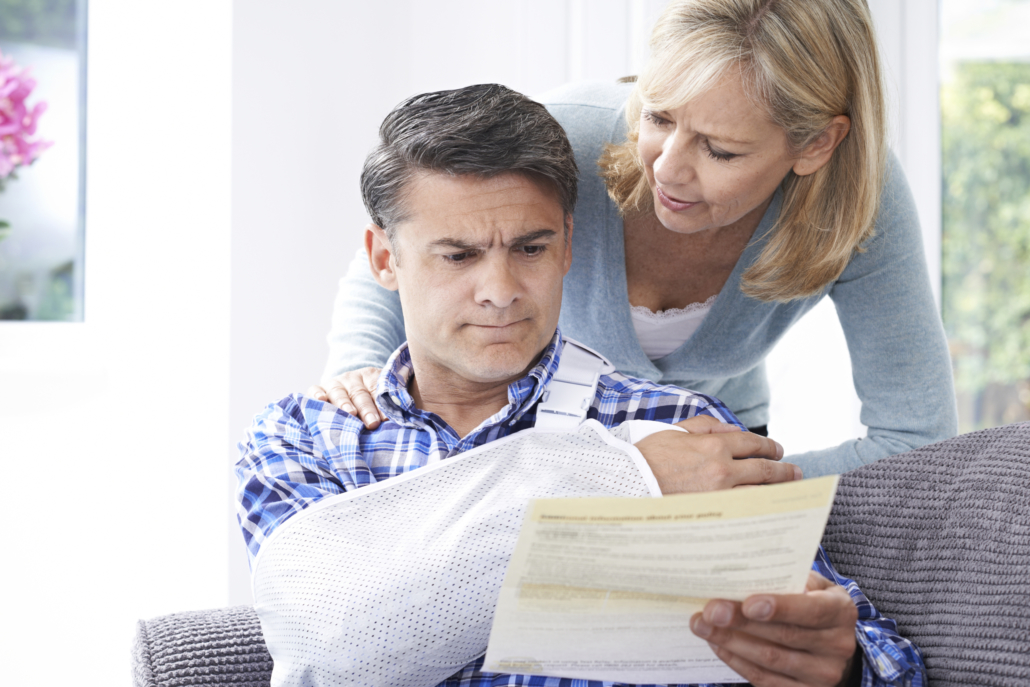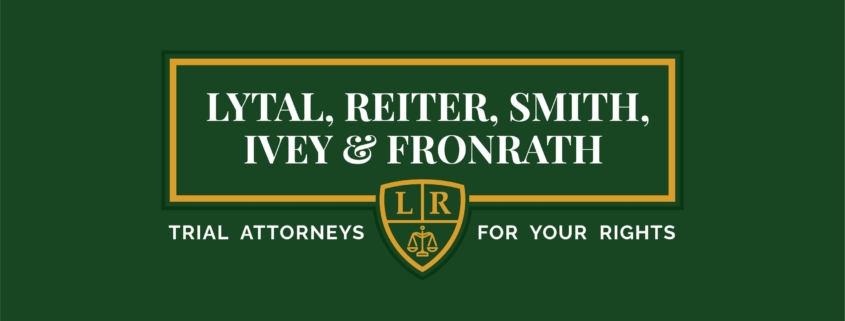
Couple Reading Letter About Husband’s Injury
How can you identify who is liable for an injury at another person’s property? What does premises liability cover? If you have recently been injured in an accident on someone else’s property, it is important to know what steps you can take.
Fortunately, the law can protect you under certain circumstances. In addition, it doesn’t matter where this incident takes place, whether in a private home, office, apartment building, or park.
Here is everything you should know about premises liability.
What Does Premises Liability Cover?
Premises liability holds a negligent property owner legally responsible for any damage or injury that occurs on their property. They will be found liable for any preventable injury a victim experiences due to defective or hazardous property conditions. However, a property owner is not automatically negligent when an accident takes place on their property. Instead, the injured party must prove that the accident occurred because the property owner failed to reasonably maintain the premises.
All property owners have a responsibility to keep their environment safe and hazard-free for visitors or residents. Where there is a hazard, they are expected to provide a warning for visitors or incoming residents until the hazard is repaired.
If a property owner is aware of the danger on their property but fails to warn others and resolve the issue, then the owner might be at fault. A premises liability lawsuit is the best way for a victim to recover damages from a property owner when they are injured or killed due to owner negligence.
Explaining Property Owner Duty of Care
What would another reasonable property owner or property controller do to prevent accidents on their property? As a property owner or an occupant, you have the responsibility to protect visitors from unsafe or defective conditions. Failure to do so is a breach of a property owner or occupier’s duty of care responsibilities.
Further, there are specific duties of care an owner or occupier needs to abide by that are dependent on the injured party’s status. People invited to your property require a different level of care than someone who is trespassing on your property. Here are the three victim statuses to be aware of:
- Invitee status. Invitee status includes anyone that enters a property when it is open to the public. It also includes those invited to conduct business on the premises. The owner or occupier has the highest duty of care responsibility toward members of this group.
- Licensee status. Anyone that has expressed or implied access to a property is considered to have licensee status. For instance, this group can include dinner party guests. If a property owner or occupier knows or should know about a hazard on their property, then they should protect licensees from these dangerous conditions.
- Trespasser status. An individual with trespasser status is someone that does not have expressed or implied consent to access a property. Although an injured trespasser does not have the legal right to visit a property, they still have rights. A property owner should not intentionally endanger trespassers and has a duty of care responsibility the moment they identify that a trespasser is on the property.
What are examples of premises liability?
Premises liability cases cover several personal injury cases including:
- Slips and falls
- Swimming pool accident, typically because a pool is unfenced or unsecured
- Dog bites
- Flooding and water leaks
- Fires
- Toxic fumes or chemicals
- Elevator accidents and escalator accidents
- Failure to provide security to the premises
Premises liability cases cover a variety of situations that occur on the premises. In some instances, flooding, fires, and lack of security can injure people due to owner or occupier negligence.
What Should I Do If I’ve Suffered an Injury Due To Premises Liability?
If you have suffered an injury due to premises liability, it is important to work with a law firm that understands how to handle your case. Working with an experienced West Palm Beach premises liability attorney can improve the likelihood that you maximize your premises liability compensation.
Lytal, Reiter, Smith, Ivey & Fronrath has experience investigating and representing people who have been injured on the property of negligent owners. Please call us today at (561) 655-1990 or use our contact form below to receive a consultation regarding your case.




